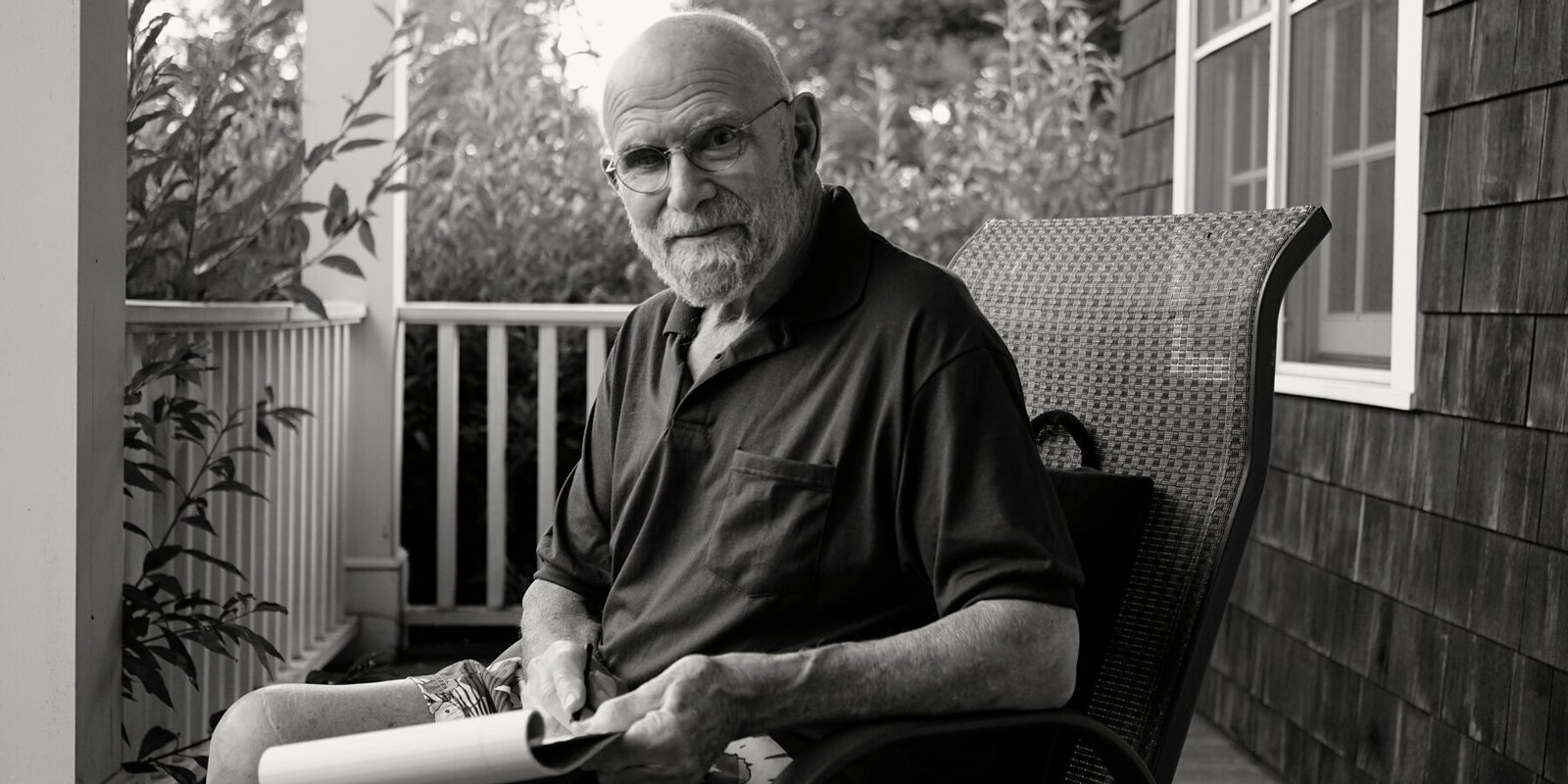Film review: Oliver Sacks: His Own Life reveals neurologist's oddball genius, far beyond Awakenings
Filmed in the months before his death, the deeply affecting documentary uncovers the doctor-writer’s inner demons
Oliver Sacks: His Own Life
Oliver Sacks: His Own Life screens at Vancity Theatre at VIFF Centre until October 29 and streams via VIFF Connects until November 22.
“A HANDFUL”. “Immoderate in all possible directions”. “Very shy or shockingly honest”. “A supreme fuckup”.
These are just a few of the colourful descriptions that medical colleagues and friends use to describe the title character of Oliver Sacks: His Own Life. And they give you just a small hint of the contradictions, eccentricities, and inner turmoils revealed in this deeply compelling biography—one shot while the famed neurologist and writer was living out his final weeks of cancer in 2015.
Most people probably know Sacks as the Robin Williams character in Awakenings, the hyperactive, joyfully empathetic doctor who, in the 1970s, discovered a way to briefly wake up sleeping-sickness patients who had been warehoused in comas for decades.
That episode of his life is even more riveting here, illustrated by the copious notes and Super-8 films he took of his Bronx patients miraculously walking, clapping, and talking again—before falling into deeply unsettling states when the L-DOPA effects went awry. Sacks’s reflections late in life reveal the experiments still haunt him; at one point the octogenarian wonders philosophically if the patients’ regression happened because their brains weren’t able to cope rationally with the loss of years and the leap in time.
But that’s only one engaging chapter in the life of a true outsider. As one doctor notes, Sacks’s deep compassion had to come out of harsh life experience. The most affecting and candid scenes here have to do with his lifelong struggle with his homosexuality, a subject Sacks only really wrote and talked about as he was dying. Sacks grew up in the 1950s, when coming out could have meant imprisonment and the loss of his career. The son of two brilliant British doctors, he never quite got over his mother’s response to his homosexuality; he remembers her calling him an “abomination”.
That and other trauma early in life led Sacks, a gifted but disruptive young medical student, to run away to California, and to spiral into amphetamine abuse and other self-destructive behaviours (among them, a penchant for 36-hour motorcycle rides while fuelled by speed milkshakes). But his troubles also gave him a gift of empathy that allowed him to connect with patients long written off by the medical system.
The other draw to the documentary is Sacks’s own oddball personality. Constantly surrounded by his friends, editors, and assistants, he’s always dropping f-bombs and making people laugh. Sometimes he’s a little too unfiltered; one anecdote will ensure you never look at Jell-O the same way.
That raw honesty mixed with Sacks's insatiable curiosity about the brain make him uniquely positioned to reflect on his own life--and life in general. The fact that he's a "handful" just makes it a lot more entertaining.














